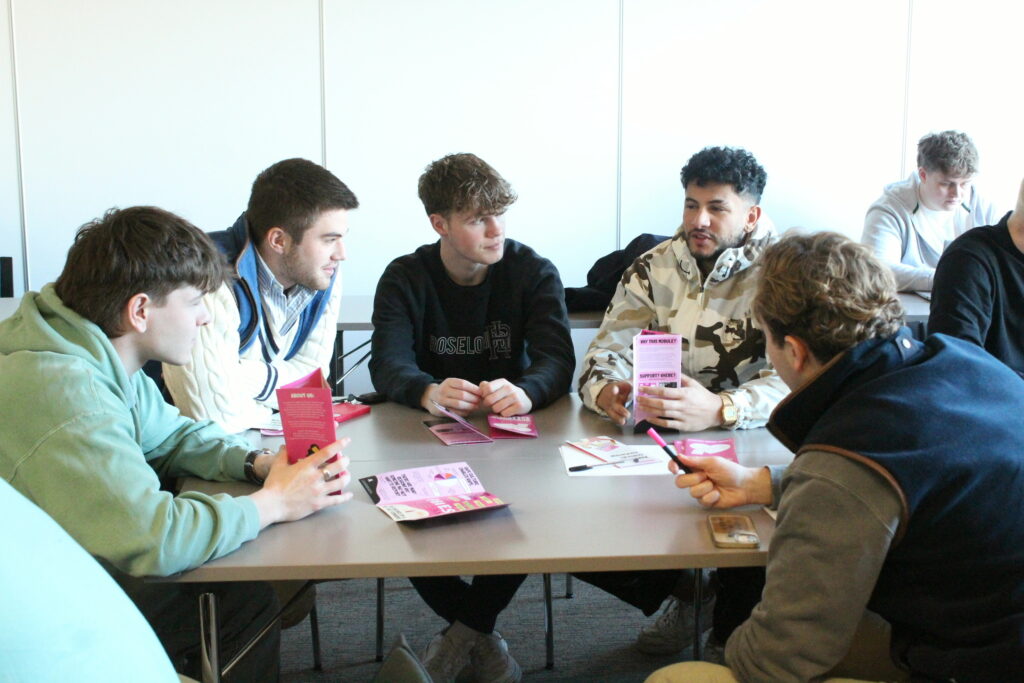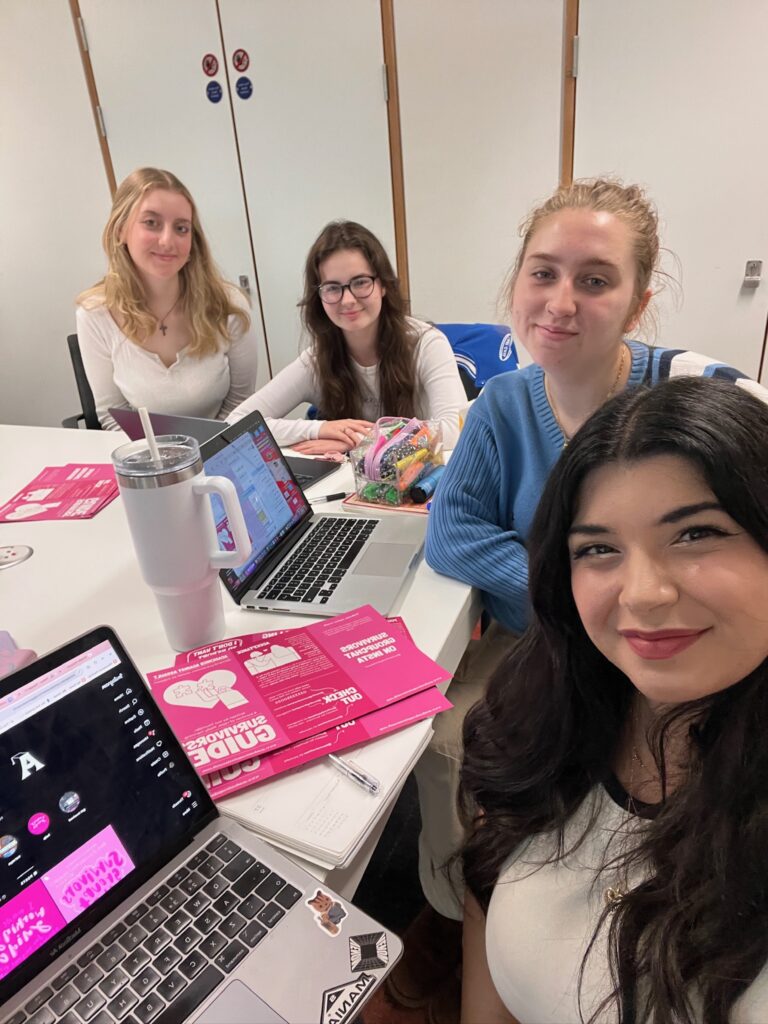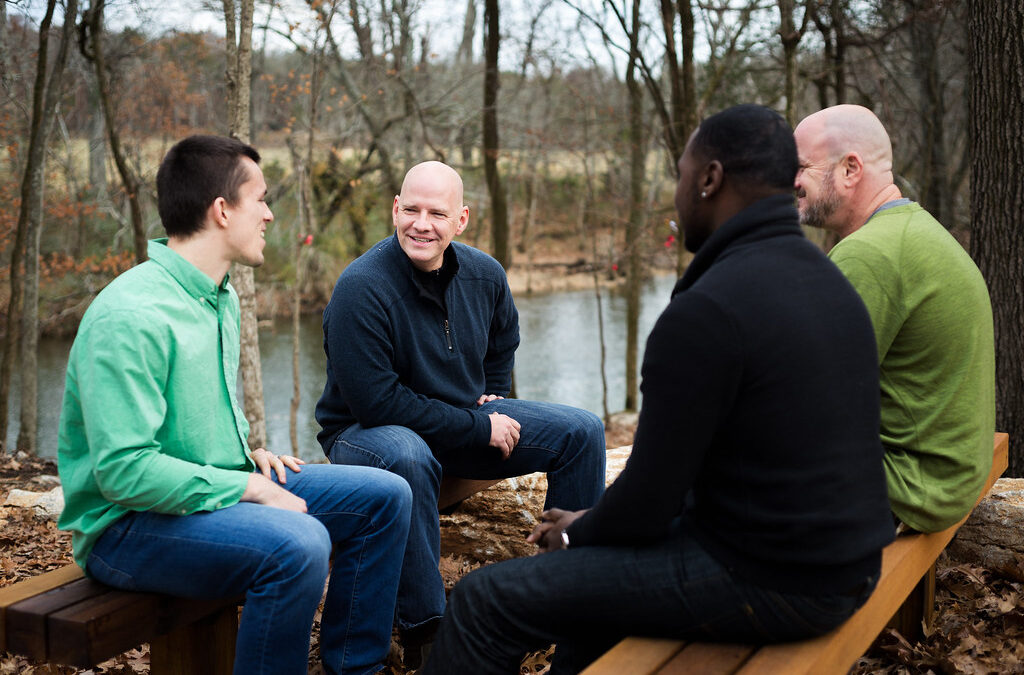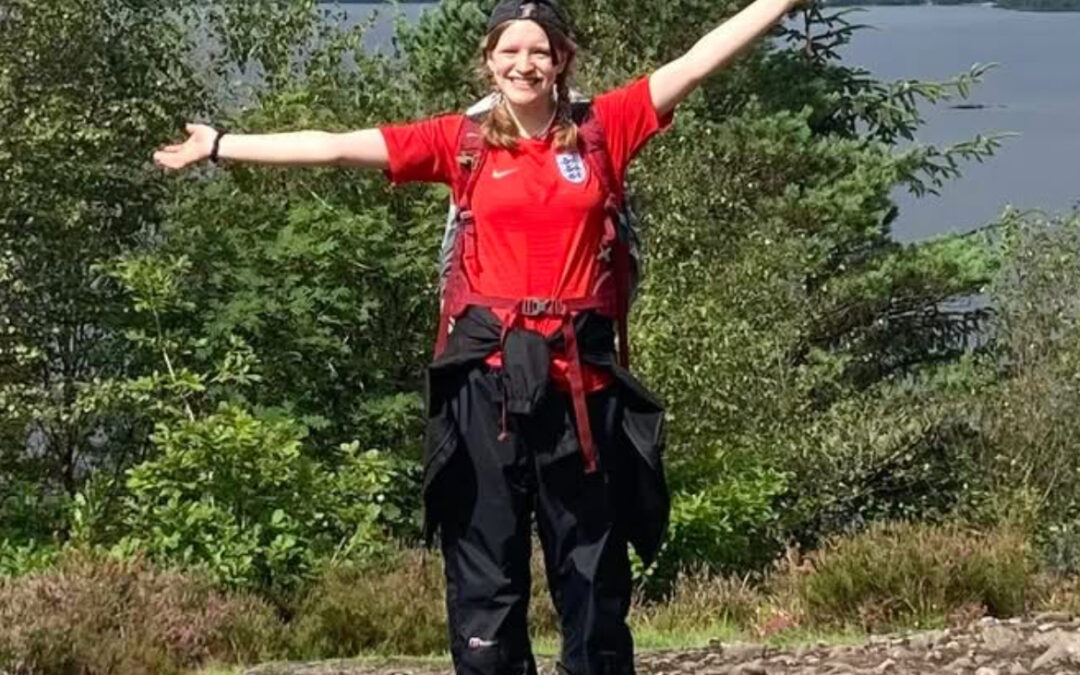When Molly Hanning couldn’t find the support she needed, she built it herself. Now Academics Against Assault fights for better consent education, stronger support systems, and a future where no university student feels alone.
Under UK law, anyone who alleges they are a victim of sexual assault are granted lifelong anonymity, but to ensure her story is heard, Molly Hanning has chosen to waive that right.
“I was raped in my first year of University,” Molly shares. “I really struggled to navigate support systems and things like that in my second. And then I saw all the stats of those affected and it really opened my eyes to everything.”
According to research done by Revolt Sexual Assault, 62% of university students and recent graduates have faced some form of sexual assault during their time at university. It’s a statistic that Molly refuses to ignore.
After deciding not to pursue legal action, she spent time lobbying for better awareness on her own. But eventually, she came to one conclusion:
“If nobody else is going to be the change, I’m gonna have to be the one that steps up.”
Determined to create the kind of support she wished had existed, Molly founded Academics Against Assault (AAA) in her second year at Royal Holloway – turning her experience into action.
What sets Academics Against Assault apart from similar campaigns is its emphasis on education and prevention. Whilst supporting victims remains a key focus, its main mission is to tackle the issue at its root – through rape culture workshops, consent education, and lobbying for mandatory preventative measures.

“I feel like when people look at sexual violence, they don’t necessarily see it as something they can change,” Molly says. “But we believe we can – at least on our own university campus.”
So far, the response from Royal Holloway has been overwhelmingly positive, as AAA fills a gap that Molly believes the university has long overlooked. From meetings with the principal to working directly with the SU, AAA has truly made its mark on campus.
“I’ve had people break down in tears, telling me they finally feel safe,” Molly says. “Unless you’ve been through it, you don’t really understand what it feels like. Having a space that openly talks about healing in an honest, authentic way – it makes people quite emotional.
“I wrote a survivor’s guide in 2023. We’ve got it printed out in loads of different spaces across campus. Because of them, we’ve had people message and say that they felt, for once, represented and heard – more so than through the clinical leaflet you’d get if you reported to the police.”
Academics Against Assault operates university-wide, holding bystander intervention sessions for committee members across all societies. But to ensure their message reaches the right audiences, they’ve also led mandatory workshops for male sports teams on campus, including American football, men’s football, and rugby, with attendance being required for members to compete in matches.
Lara Hama, social media manager for AAA, says that these kinds of tactics are some of the only ways to get male students involved in the campaign.
“We’ve learnt that, with men, you have to either give them a threat or a reward,” Lara explains. “The rugby team captain tests them once a term on what they’ve learnt. If they don’t pass, they face consequences – they get put on the bench.
“They’re not complaining – all we’ve heard from them is how interesting they found it and how much they’ve learnt. A lot of them have come out of this as better people.”
Lara has been supporting Molly since Academics Against Assault’s early days – something that has been extremely helpful, as running a campaign of this scale whilst juggling university life isn’t easy. As a third-year politics student, Molly often struggles to find time for herself.
“It’s tiring,” Molly laughs, “I feel like my brain is in three, four, five different places at one time. We’ve got so many different projects that I’m trying to schedule in. Navigating this and also part time work, and my degree is difficult – but I couldn’t not do this work. It’s so fulfilling and healing as well.”
Alongside Lara and Molly are Rose Mulcahy, and Chloé Marcelli – each with their own specialities. It’s a team that Molly says was easier to put together than she thought.

“More people are passionate about this than I realised,” she explains, “We love having students lead it and be on board with it because, at the end of the day, students are the ones navigating these systems.”
Lara, a final-year management and marketing student, brought her unique skill set to the campaign – completely transforming their Instagram and helping boost their reach.
“When I joined, we were still very small,” Lara says, “Our Instagram followers were low and not many people knew about us. Now when I walk around campus, people recognise me as someone who is a part of this team.
“We’ve had people come up to us and say how much the charity means to them, and that means you’ve done a good job – it means you’ve already taken a few steps forward in achieving what you want to achieve.”
If you’re enjoying reading this article, why not check out this article about the girl helping vulnerable people cope here.
As University Connections Lead, Chloé Marcelli has played a vital role in AAA’s expansion, helping the campaign reach universities beyond Royal Holloway.
And as AAA continues to grow, so does its reach. From the start, the goal was always to get the campaign nationwide – a vision that is now becoming a reality with the launch of its first branch at the University of Exeter.
Olivia Farrell, a final-year student at the University of Exeter, first discovered Academics Against Assault at a house party in Royal Holloway last year, where she met Molly and immediately connected with the campaign’s mission.
Convinced it was something her own university needed, she spent the summer discussing plans with Molly before properly having meetings about it with Chloé.
From there, AAA’s first branch beyond Royal Holloway was born.
“The way they’re approaching it through education is really important,” Olivia says, “You don’t really do sex education past high school, so I think it really is needed – especially because I don’t think people know what actually defines consent.”
Despite only launching in September, the Exeter branch of Academics Against Assault has already made its mark. From meeting with the university’s Students’ Guild to organizing gender safety meetings with key departmental heads – even hosting a former Kings College London lecturer to discuss the economics of gender equality – it’s clear that this is something people are eager to engage with.
Whilst the team at Royal Holloway do provide Olivia with some materials to get her set up, she is completely free to host any events she wishes – leading to unique events done at the Exeter campus, including coffee mornings and collaborations with the debate society.
But as Olivia knows, none of this would’ve happened without Molly:
“She’s definitely dedicated,” Olivia says, “As a university student, it’s incredible that she can balance both her degree and running this campaign. She’s written all these resources and started all these workshops – it’s so nice to see.”
Her sentiment is shared by Lara, who finds Molly’s leadership nothing short of inspiring.
She says: “It takes a lot of mental strength for her. Going through what she did go through, and why she created this charity in the first place – it can’t be easy to be reminded of such events, but she still keeps going in order to make life and campus safer for many people like her.”
And for Molly, Academics Against Assault is more than just a hobby – it’s a mission. Something she fully intends to continue after she graduates this summer.
“I’m looking to take this the full way,” Molly says, “I need to sit down and get some advice on charities and how they function because it’s going to take a lot of time and dedication.
“I want to apply and get funding for this – I really want to see where we can take it.”
Supported by Lara, Olivia, and the rest of her growing team, Molly continues to push for better consent education and stronger support systems – working toward making Academics Against Assault a charity that’s one day recognised everywhere.
“People will one day, when they need help, come to us,” Lara says, “It will be the first charity they think of, and it’s amazing to be part of a team like that from the beginning.”
But even if AAA hasn’t expanded nationwide just yet, its message doesn’t have to stay all in one place. The campaign is built on the idea of supporting everyone, everywhere, all the time.
And for students at universities without an AAA branch, Molly’s message is clear: support is still out there.
“There are so many resources out there that can support you,” Molly explains, “Talk to your friends and your family – this kind of thing is so isolating and so lonely, and you need people to look out for you.
“I’d encourage people to get in touch with us – we have a survivors group chat. There are many different support groups out there, but we try our best to offer as many resources as possible.”
The future of Academics Against Assault remains in the hands of students – the next generation of changemakers that are taking a stand against sexual violence the only way they know how; together.
To learn more about Academics Against Assault, or to better support their cause, you can visit their site here, or follow them on Instagram here.



